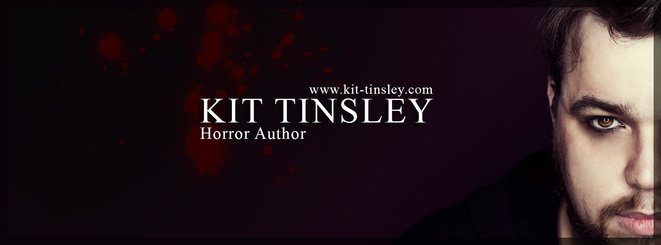The more accurate title of this week’s blog should be what's in a title? As yes we are looking at that awful and oft feared topic of writers, what do I call my book? And when do I pick my title?
Let's face it one of the two first elements that are going to sell your book are the title and the cover design. The old saying is never judge a book by its cover, however we all do, initially at least. If we don't know the author’s work it is the cover design and title that are going to make us pick the book up and read the blurb. If those two things don't grab us and hook us we don't bother.
So a title is a very important part of writing a book, especially for us indie authors as we don't have the editors and marketing departments that help some traditionally published authors pick a winning title.
You need to pick a title that will grab people's attention, rouse their interest and express, along with the cover design, the genre of your book. So as you can imagine, choosing the right title is almost as difficult a task as writing the novel.
When to choose a title? This is a tricky one, some people leave choosing a title right until the end, whereas others come up with a title first. When writing short stories I will often come up with a title first, as a starting point to the story. For example in my short story collection, 'Dark County', there is a story called Fear and Loathing in Skeg Vegas ( a play on the famous Hunter S. Thompson novel, and the nick name of our local seaside resort) came to me randomly, and I had to use it. In that case the title fueled the story.
When writing a novel though it is usually the idea of the narrative that comes first and then the title. However, I have to have some sort of title when I start writing, the words untitled on a document instill a sort of writer block in me. So even if it is a working title. For example when I first started writing my debut novel it was called Blackfriars Crescent, named after the street it was set on. However as I got further into the story I realised that this title didn't convey enough, the real story was about what was below the street, so the title changed to Beneath Blackfriars Crescent ( which I think we can all agree is a clumsy, wordy, God awful title), I then changed it again to just Blackfriars, which I did like the sound of, and it certainly conjured up an image in the mind, but it wasn't the right image. Finally I decided just to call the novel 'Beneath', it was short, snappy, and combined with the great cover art by my father, created a striking first impression.

At the end of the day other people will always like your title more than you do, whatever you choose. You have spent months writing the novel and months agonising over the title. To you it will always seem like the perfect title for your book had eluded you. To your readers though, it will be fresh and new, and completely associated with your book, and hopefully they will love it. You will look at the titles of other authors books and think how you wish you had come up with that title, but I can pretty much guarantee you that the author in question had as much doubt about their title as you do yours.
So in conclusion, it is worth remembering that a great title does not a great novel make, some of the best books ever written have truly terrible titles. However if you're a lesser known author a great title can certainly get people looking at your book, even if they don't buy it, it got you a step closer than all the books they just skipped over.
